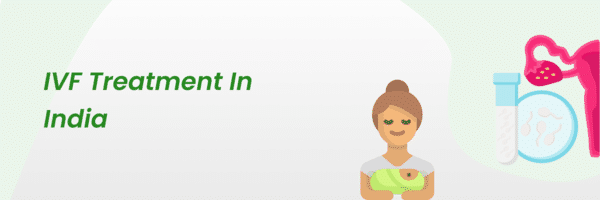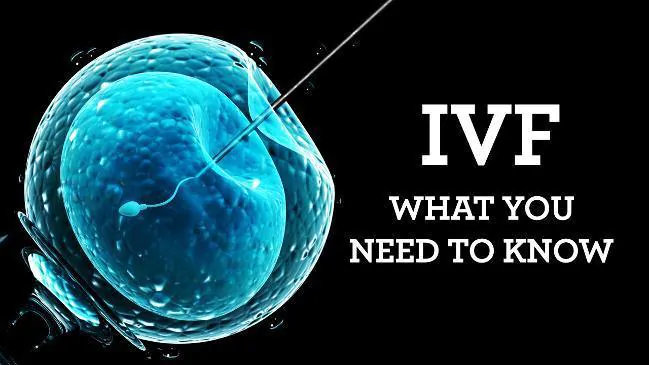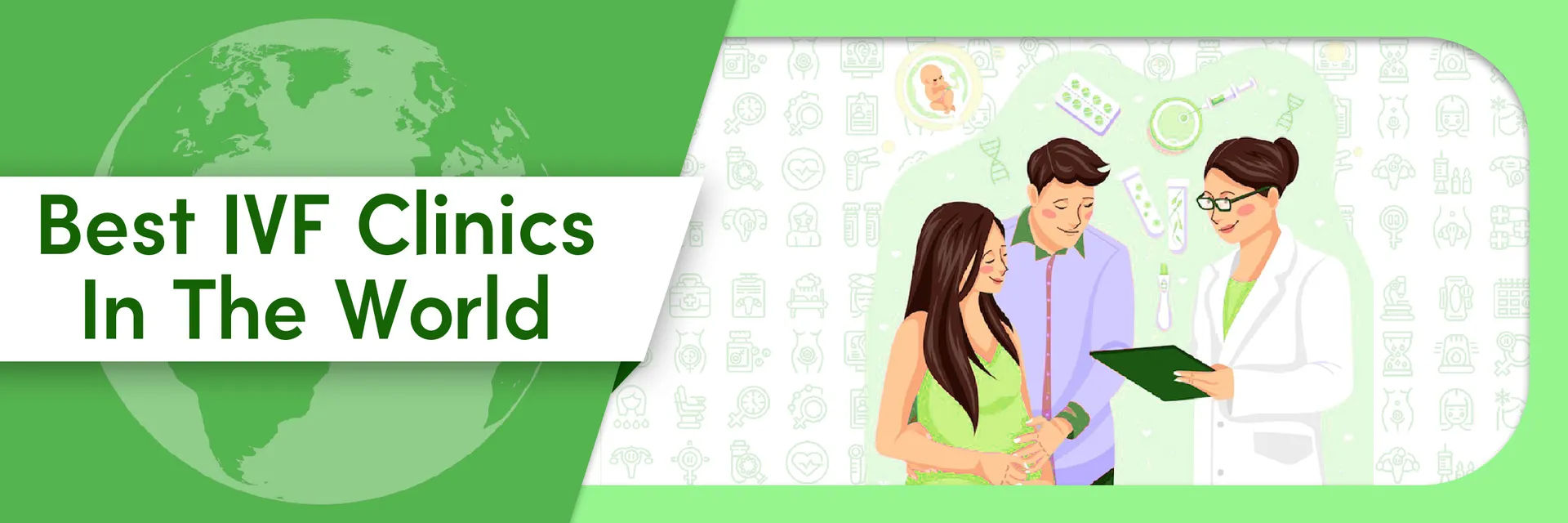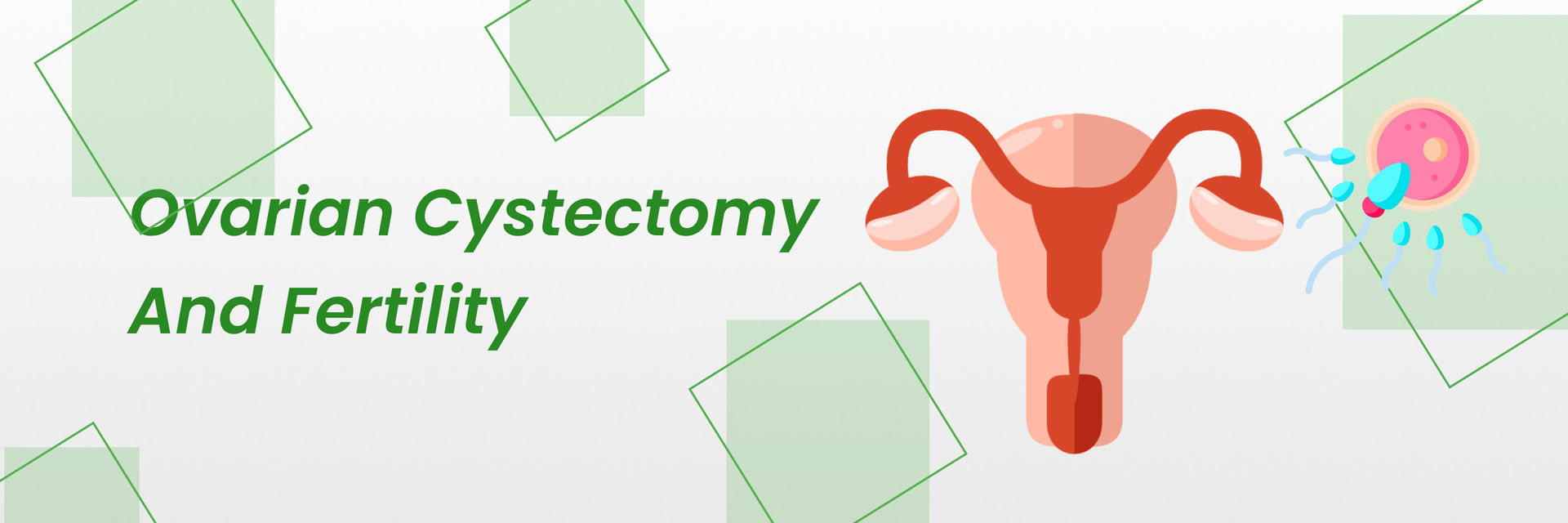In vitro fertilization (IVF) is a remarkable medical advancement that has helped countless couples achieve their dream of parenthood.
When it comes to selecting an egg donor, choosing the right one is essential for the success of your IVF journey. The selection of an egg donor can impact the chances of a successful pregnancy and the health of your future child. Studies show that the success rate of IVF can be as high as 50-60% when using donor eggs from a well-matched and healthy donor.
Have you ever wondered how to select the perfect egg donor for IVF?
Dr. Nisarg Patel, a renowned fertility specialist, shares key insights on this important decision.
"Choosing an egg donor is crucial for a successful IVF journey. Thorough verification when selecting an egg donor in IVF is crucial for ensuring the health and well-being of both the donor and the intended parents. Comprehensive screening helps identify potential genetic disorders, reproductive health issues, and infectious diseases, minimizing risks for the resulting child. Additionally, assessing the donor's psychological readiness ensures a positive and ethical donation experience."
This guide will help you understand the role of an egg donor, the types of egg donors available, and the key factors to consider when choosing.
Are you ready to start your IVF journey? Contact IVF Specialists in India today for expert guidance in choosing the perfect egg donor.
Understanding the Role of an Egg Donor

What is an Egg Donor?
An egg donor is a woman who provides one or more of her eggs (oocytes) to help another woman conceive a child. The eggs are fertilized in a lab using the partner's or a donor's sperm, and the resulting embryos are implanted into the recipient's uterus.
This process is vital for women who cannot use their eggs due to medical conditions, age, or genetic concerns.
Why is Choosing the Right Donor Important?
Choosing the right egg donor is crucial because it impacts the success of the IVF process and the health of the future child.
Connect with fertility specialists in Mumbai explore your egg donor options with us and find the perfect match for your IVF journey today.
8 Key Factors to Consider When Choosing an Egg Donor
1. Egg Quantity and Quality: Opt for a donor with an ample supply of healthy eggs. A good anti-Müllerian hormone (AMH) level is a positive sign. Previous successful pregnancies or having children of her own can also be reassuring indicators.
2. Types of Egg Donors
Anonymous Donors
Anonymous donors are women who donate their eggs without revealing their identity to the recipient. This option is popular because it ensures privacy for both parties. The recipient and donor never meet, and the donor's information is kept confidential and is only known to the fertility clinic.
Pros:
- Privacy for both donor and recipient
- Donor's medical and genetic information is provided without personal details
Cons:
- Lack of personal connection or more information beyond medical records
Known Donors
Known donors are friends or family members of the recipient. This option allows for a personal connection and often more detailed information about the donor's background and medical history.
Pros:
- Personal relationships and familiarity
- More detailed knowledge about the donor's history and traits
Cons:
- Potential for complicated emotional dynamics
- Legal and ethical considerations about future relationships
Agency Donors
Agency donors are recruited and screened by egg donation agencies. These agencies match donors with recipients based on specific criteria, providing a wide selection of donors with varying backgrounds and characteristics.
Pros:
- Extensive selection and matching services
- Thorough screening processes
Cons:
- Higher costs due to agency fees
Egg Banks: Frozen donor eggs are available through specialized egg banks.
3. Medical History and Genetic Screening
Why is a donor's medical history so crucial? Let's find out!
A thorough medical history ensures the donor has no hereditary diseases or conditions. This information helps assess the donor's health and suitability.
4. Genetic Testing and Screening
Genetic testing screens for potential genetic disorders that could be passed on to the child. This step ensures that the donor's genes are healthy, minimizing the risk of genetic abnormalities.
5. Physical Attributes and Characteristics
Physical attributes are often considered to match the donor's appearance with the recipient's preferences. This can help the child resemble the recipient family, which might be important for some parents.
Personal preferences, such as height, eye colour, and hair colour, are considered when finding a donor who aligns with the recipient's desired traits. This helps create a sense of familiarity and connection.
6. Psychological Evaluation
Why is a psychological evaluation necessary? It's more important than you might think!
Ensuring the donor's mental health and stability is crucial for a successful donation process. A stable mental state reduces the risk of complications and ensures the donor is ready for the process.
7. Ethnic Background and Cultural Considerations
- Matching Ethnic and Cultural Background
Matching the donor's ethnic and cultural background with the recipient's can be important for maintaining cultural continuity and identity for the child.
- Potential Impact on the Child
Ensuring a similar ethnic background can help the child feel a sense of belonging and identity, which can benefit their emotional and psychological development.
- Understanding Legal Requirements
Confused about the legalities? Here's a simple guide!
Understanding and complying with legal requirements, including contracts and informed consent, is crucial to protecting both the donor and the recipient.
- Ethical Implications of Choosing an Egg Donor
Ethical considerations involve ensuring the donor is not exploited and is aware of the process. It also includes respecting the donor's rights and the child's future rights.
- Ensuring Legal Protection for All Parties Involved
Legal protection involves clear contracts that outline the rights and responsibilities of all parties, ensuring everyone's well-being.
8. Financial Considerations
The egg donation costs can include donor compensation, medical procedures, agency fees, and legal expenses. It's important to understand all associated costs.
- Comparing Costs of Different Types of Donors
Different types of donors, such as anonymous, known, or agency donors, can have varying costs. Agency donors involve higher fees due to the services provided.
- Insurance and Financial Help Options
Some insurance plans may cover parts of the IVF process, and various organizations offer financial assistance to help with the costs.
The Egg Donation Process: Step-by-Step

1. Initial Consultation and Selection
The first step in the egg donation process is an initial consultation with your fertility specialist. During this meeting, you'll discuss your medical history, fertility goals, and preferences for an egg donor. This helps the clinic understand your needs and start the matching process.
2. Medical and Psychological Screening
Once a potential donor is identified, she undergoes thorough medical and psychological screening. This includes blood tests, genetic screening, and psychological evaluations to ensure she is healthy and mentally prepared for the donation process.
3. Legal Contracts and Agreements
Legal contracts are essential to protect the rights of both the donor and the recipient. These agreements outline the terms of the donation, including anonymity, compensation, and the rights of the donor and the recipient.
4. Egg Retrieval and Fertilization
After the donor's eggs are mature, they are retrieved through a minor surgical procedure. The eggs are then fertilized in a laboratory using the recipient's partner's or the donor's sperm. The resulting embryos are monitored for a few days before being transferred to the recipient's uterus.
Success Rates and Expectations
- Understanding Success Rates
According to studies, egg donation has a high success rate, with live birth rates around 50-60% per transfer, depending on various factors such as the recipient's age and health.
- Setting Realistic Expectations
While success rates are high, it's essential to set realistic expectations. Not every cycle results in a pregnancy, and many attempts might be necessary.
- Factors Influencing IVF Success
Several factors affect IVF success, including the quality of the eggs and sperm, the recipient's health, and the clinic's expertise. Choosing a well-screened donor and a reputable clinic can increase your chances.
Conclusion
Choosing the right egg donor is a critical step in the IVF journey. From understanding the types of donors and key factors to navigating the egg donation process, making an informed decision is essential for success.
Reference
https://www.indiraivf.com/blog/5-tips-on-how-to-choose-an-egg-donor-in-ivf
https://crystaivf.com/blogs/7-essential-tips-on-how-to-choose-an-egg-donor-in-ivf-treatment/
https://www.illumefertility.com/fertility-blog/your-guide-to-choosing-an-egg-donor





